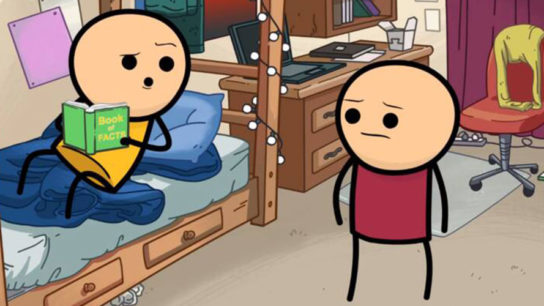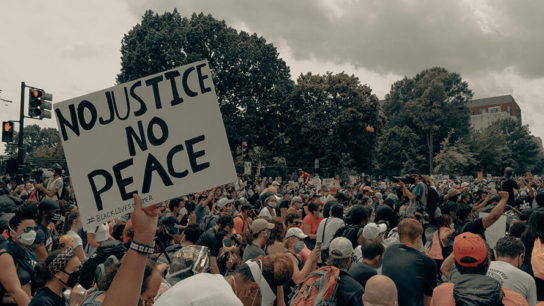If you’re a true bookworm, these must-read novels are the best books to read in 2020, especially while social distancing. So enjoy Hive Life’s curation of books while you’re killing time at home.
#1
One Hundred Years of Solitude, Gabriel Garcia Marquez
As solitude is something we’re all experiencing at the moment, we thought it fitting to include a story whose significance has not only transcended language and time, but has also been known to alleviate solitude through its unique narrative. Written by Colombian author Gabriel Garcia Marquez, winner of the Nobel Prize for Literature in 1982, this landmark novel is representative of the literary Latin American Boom of the 1960s and 1970s. Centred around magical realism and providing a metaphorical interpretation of Colombian history, this mythical story about the Buendía family is one that will have you quickly attached to the characters and their frustratingly imperfect views of the world. Spanning seven generations, One Hundred Years of Solitude takes you through the lives and deaths of the Buendía family as they grapple with a changing world with increasingly impassioned devotion. Filled with humour, symbolism and truly fascinating characters, it’s easy to get lost in a tale where, through seven generations, history almost always repeats itself.
#2
Alice’s Adventures in Wonderland, Lewis Carroll
A classic for children and adults alike, Alice’s Adventures in Wonderland is a story that has truly stood the test of time – in part due to its bizarre, almost psychedelic depiction of a strange and peculiar world that breeds both curiosity and fear. Both magical and timeless, the 1865 novel paints the picture of a young girl who finds herself in a fairytale world ruled by nonsense and incoherence after following a rabbit down a rabbit hole. Just like Alice, we too are invited to join in on the insanity, a welcome respite, I’m sure, for readers at the time who were living in Victorian England, a period defined by its strict rules, decorum and intense moral consciousness. Featuring iconic characters like the Cheshire Cat and the Mad Hatter, this is a novel that walks the line between fantasy and nightmare, thoroughly earning its spot as one the best-known and most popular works of English-language fiction to-date.
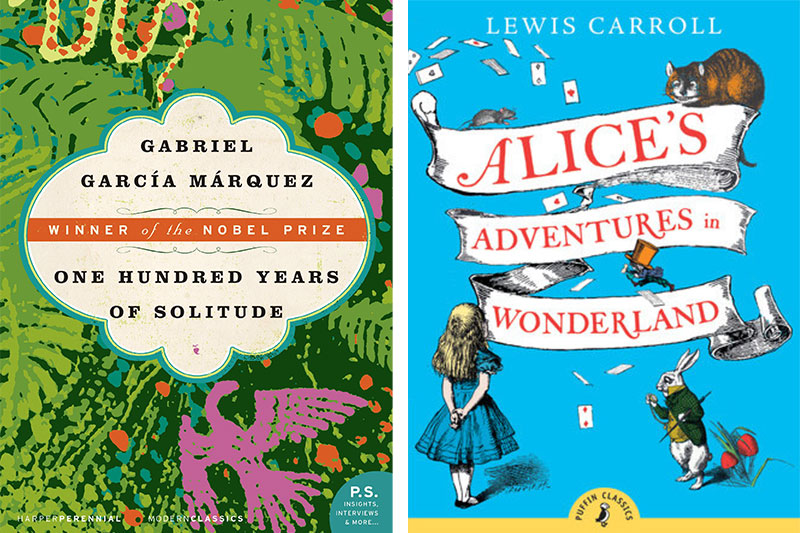
amazon.com
penguinrandomhouse.com
#3
Nineteen Eighty-Four, George Orwell
Over the years, plenty of parallels have been made between Nineteen Eighty-Four and society today – and it’s not hard to see why. Perhaps the dystopian novel of the ages, Nineteen Eighty-Four is a literary classic that tackles the idea of a totalitarian world where everything is controlled and surveilled by an all-knowing, all-powerful government (sound familiar?). Originally published in 1949, the novel portrays a society where freedom of expression, love and even individualistic thoughts are punishable by death. The protagonist, Winston Smith, is a low ranking member of the Party who wrestles with oppression in Oceania. Eventually, he begins to dream of rebelling against Big Brother, the government entity that keeps the masses docile and subservient to its sinister regime by watching people at all times. Orwell’s novel warns of a nightmare future – one that might now be a little too familiar…
#4
The Bell Jar, Sylvia Plath
The Bell Jar details the life of a bright and ambitious young woman called Esther Greenwood and her ongoing struggle with depression. Published in 1963, this groundbreaking and thinly veiled semi-autobiographical novel is an impassioned exploration of mental illness and the pressures society placed on women in America in the 1950s. Throughout The Bell Jar, Plath expertly details the dark and complex mind of a mentally unstable person as she begins to dissect every interaction and occurrence until she completely unravels, losing her lust and appetite for life along the way. One of the best books to read in 2020, The Bell Jar is Plath’s only novel, bearing strong parallels to her own tragic life story. Despite being one of the most dynamic and admired poets of the 20th century, Sylvia Plath is often best remembered for her troubled marriage to former Poet Laureate Ted Hughes, as well as her numerous suicide attempts.
You might also like 6 Apps to Stave Off Cabin Fever
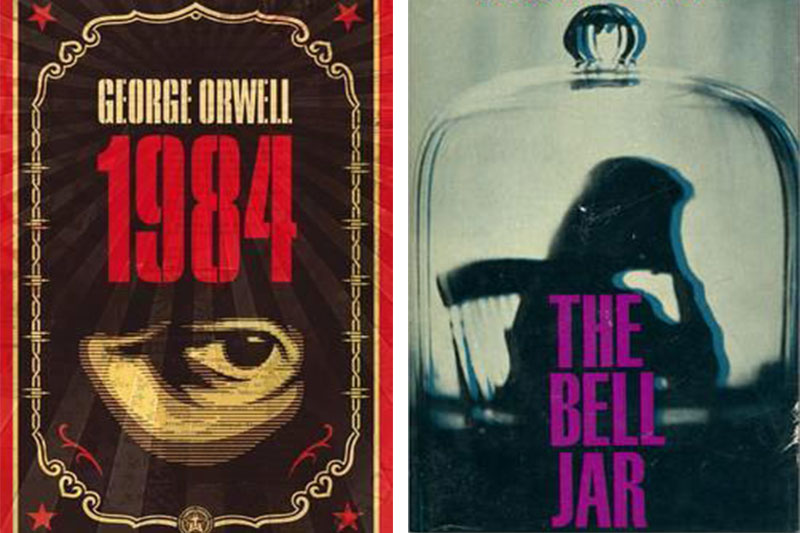
bookdepository.com
wikipedia.org
#5
The Remains of the Day, Kazuo Ishiguro
The Remains of the Day is a 1989 novel written by the Nobel Prize-winning British author Kazuo Ishiguro. Centred around a man named Stevens, a dedicated and prestigious butler who has spent most of his life working at Darlington Hall, the novel delves into the memories of a man who has lived a life in service of someone else. A story about what might have been, The Remains of the Day tackles subjects like social class, culture and individualism through Stevens’s introspective lens, as he examines life beyond the box he’d resigned himself to for most of his life as a servant. The Winner of the Man Booker Prize in 1989, this literary classic definitely makes it into the list of the best books to read in 2020 and was adapted into a Merchant Ivory film in 1993. Starring Anthony Hopkins and Emma Thompson, the film was nominated for eight Academy Awards and holds a 95% rating on Rotten Tomatoes.
#6
Lolita, Vladimir Nabokov
Arguably the most controversial novel of the 20th century, Lolita is a brilliantly written psychological thriller that tells the story of a middle-aged man’s tragic love affair with a 12-year-old girl named Dolores Haze, known affectionately as ‘Lolita’. Equal parts disturbing and beguiling, Lolita is a linguistic masterpiece and one that divides readers even today. Told through the eyes of the novel’s insidious (and unreliable) narrator, Humbert Humbert, Lolita subverts the trope of the typical love story, and successfully makes readers both complicit and sympathetic to the protagonist’s acts – a testament to author Vladimir Nabokov’s truly masterful handling of the English language. Prepare to be both spellbound and disarmed by one of the most elaborate and ingenious games of language ever written.
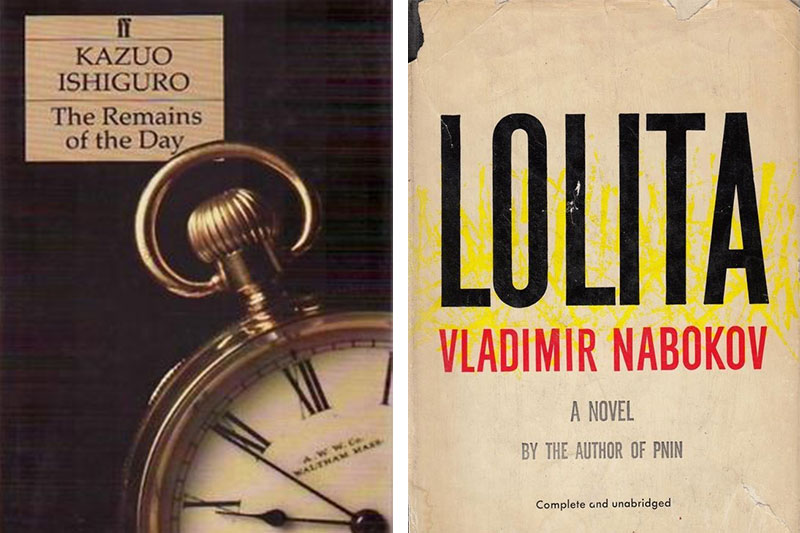
#7
Jane Eyre, Charlotte Brontë
Charlotte Brontë’s best known work, Jane Eyre, is one of the most significant novels of the Victorian era. Daringly progressive and hauntingly beautiful, the novel details the story of Jane, a complex, layered and iconic character whose strength and independence stands in stark defiance of the period’s societal norms. Jane Eyre follows the journey of a woman determined to discover who she is beyond family, wealth and privilege, critiquing the strict social class hierarchies of the time. Published in 1847 under the male pseudonym Currer Bell, this instant bestseller charts its protagonist’s spiritual and personal growth against the backdrop of an extremely patriarchal Victorian England. A romantic novel with elements of gothicism, Jane Eyre is yet another book that’s withstood the test of time, and is widely considered to be one of the first feminist novels.
#8
American Psycho, Bret Easton Ellis
A psychological thriller and cult classic, American Psycho is a searing dissection of 1980s yuppie culture and remains to be one of the most controversial and talked-about novels of all time. Its hyper-real depiction of a brutalised society bound by the unforgiving grasp of consumerism forces its readers to reflect on our unhealthy obsession with labels and materialism and realise that the version of ourselves that we choose to show people is rarely the person that we actually are. Its film adaptation (which is brilliant, by the way) stars Christian Bale in the lead role of Patrick Bateman, a wealthy and materialistic Wall Street investment banker/serial killer and provides a sharp critique of the shallow and vicious aspects of capitalism at the time. A satire so violent, so repulsive, so distasteful that you simply can’t put it down, American Psycho masterfully paints an all-too-familiar world that increasingly normalises the prioritisation of wealth over humanity, possessions over connection, and image over values.
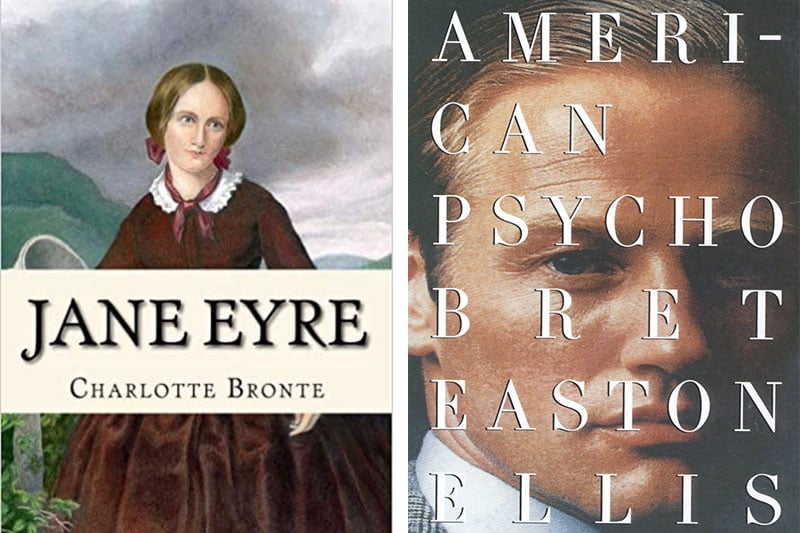
#9
Midnight’s Children, Salman Rushdie
A captivating story of magical realism, Midnight’s Children is about family, tradition and supernatural powers that are bestowed upon a select few children – all of whom were born on the same night that India gained its independence. Set in a time of political tension between Pakistan and India, this novel is filled with humour and heartache as it grapples with love, legacy and destruction. Told through the eyes of Saleem, who experiences extraordinary loss in an unforgiving time, Midnight’s Children shows the ties that he has to India’s destiny and how, despite it all, he can find purpose in what makes him different. Published in 1981, it is an epic story about the beginnings of modern India and is widely considered to be one of the most significant English books of that generation, having won the James Tait Black Memorial Prize, the Booker Prize in 1981, and the Best of the Booker Prize in 2008.
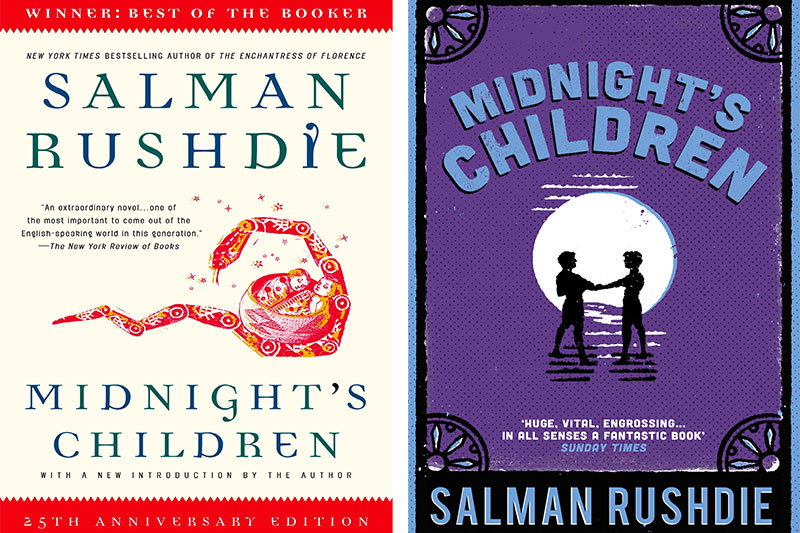
Related Articles
Social Distancing: The Ultimate Guide to Definitions, Rules & Etiquette


